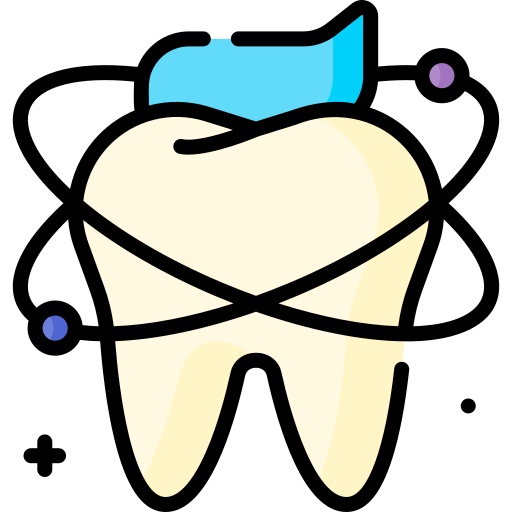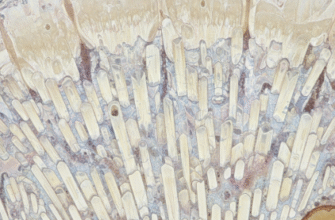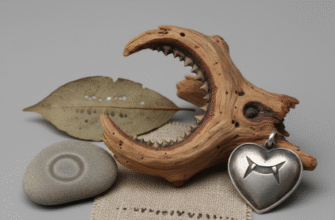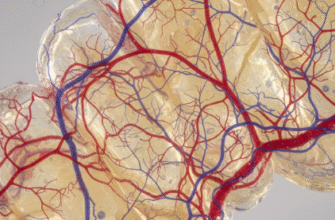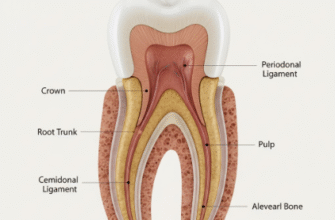It’s a ritual as ingrained as the brushing itself for many: the vigorous swish and spit with a mouthful of water right after cleaning our teeth. We’ve done it since childhood, likely taught by our parents, who were taught by theirs. The feeling of a completely “clean” mouth, devoid of any lingering toothpaste foam or flavour, seems like the natural end to our oral hygiene routine. But what if this deeply embedded habit is actually doing more harm than good, or at least, not letting our toothpaste do its best work? It’s time to dive into the sudsy debate and uncover the truth about rinsing after brushing.
The Great Rinse Debate: Why We Do It
The urge to rinse is understandable. Toothpaste, by design, foams up thanks to detergents like sodium lauryl sulfate (SLS). This foam helps to lift and carry away debris. Moreover, the strong minty (or other) flavours, while refreshing, can feel overpowering if left in the mouth. Rinsing offers immediate relief from this, giving a sense of finality and cleanliness. For many, it’s simply what “feels right” – the logical conclusion to washing away all the dislodged plaque and food particles, along with the cleaning agent itself.
Think about it: when you wash your hands with soap, you rinse the soap off. When you wash your hair with shampoo, you rinse the shampoo out. It seems intuitive to apply the same logic to toothpaste. However, toothpaste isn’t just a soap for your teeth; it’s often a delivery system for beneficial ingredients, most notably, fluoride.
The Fluoride Factor: Your Toothpaste’s Secret Weapon
Here’s where the no-rinse argument gains serious traction. The star player in most modern toothpastes is fluoride. This mineral is a champion when it comes to dental health. It works in a couple of key ways:
- Remineralization: Your tooth enamel is constantly under attack from acids produced by plaque bacteria after you eat sugars and starches. These acids leach minerals from your teeth in a process called demineralization. Fluoride helps to replenish these lost minerals (calcium and phosphate) and rebuild weakened enamel.
- Making teeth more resistant: When fluoride is incorporated into the enamel structure during remineralization, it forms a new, harder mineral compound called fluorapatite. Fluorapatite is more resistant to acid attacks than the original hydroxyapatite of your enamel.
- Inhibiting bacteria: Fluoride can also interfere with the ability of plaque bacteria to produce acid in the first place.
For fluoride to effectively work its magic, it needs contact time with your teeth. When you immediately rinse with water after brushing, you’re essentially washing away a significant portion of this protective fluoride before it has had a chance to be fully absorbed and do its job. It’s like applying sunscreen and then immediately jumping into the pool – you’re diluting its effectiveness.
What About the “Extra” Toothpaste?
Some people worry about swallowing the residual toothpaste if they don’t rinse. It’s a valid thought, but the amount of toothpaste left in your mouth after spitting out the excess foam is typically very small. For adults and older children who can effectively spit, swallowing this minuscule amount of fluoride is generally not a concern and falls well within safe limits. The primary concern with fluoride ingestion is typically for very young children who may swallow larger quantities of toothpaste because they haven’t mastered spitting, which is why children’s toothpastes often have lower fluoride concentrations or parents are advised to use only a smear of paste.
Spit, Don’t Rinse: The Professional Perspective
Many dental professionals and organizations are now actively encouraging a “spit, don’t rinse” approach after brushing. The idea is to spit out the excess toothpaste foam and saliva, but leave a thin coating of the fluoride-rich paste on your teeth to continue its protective work. This allows for maximum fluoride uptake and enhanced protection against cavities.
If the thought of not rinsing at all is too alien, or the leftover foamy feeling is unbearable, there are compromises. Some dentists suggest waiting a short period, perhaps 10-20 minutes, after spitting before rinsing. This gives the fluoride a little more time to act. Another alternative is to rinse with a very small amount of water, just enough to make your mouth feel comfortable, but not so much that you vigorously wash everything away. Or, better yet, consider using a fluoridated mouthwash after spitting out your toothpaste if you feel the need to rinse with something.
Verified Information: For fluoride to be most effective, it needs adequate contact time with tooth surfaces. Rinsing immediately with water after brushing can significantly reduce the concentration of available fluoride, thereby lessening its protective benefits against tooth decay. Many dental professionals advocate for spitting out excess toothpaste and avoiding an immediate water rinse to maximize fluoride’s impact.
The Lingering Foam and Flavour: Getting Used to a New Norm
The biggest hurdle for most people in adopting the “spit, don’t rinse” method is the sensation of leftover toothpaste. It can feel a bit odd at first, perhaps even a little “unclean” if you’re used to that squeaky-clean, water-rinsed feeling. However, like many habits, this is something you can get used to over time. The initial strange sensation often subsides after a few days or weeks, and the long-term benefits for your dental health can be substantial.
Think of it this way: the slight residue is a sign that the active ingredients are still present and working to protect your teeth. The minty freshness might linger a bit longer, which isn’t necessarily a bad thing for your breath!
Are There Any Downsides to Not Rinsing?
For the vast majority of adults, there are no significant downsides to skipping the immediate post-brushing water rinse, provided they are using a pea-sized amount of toothpaste and can spit effectively. The primary benefit is enhanced fluoride efficacy. The detergents in toothpaste, like SLS, which create the foam, are present in small concentrations and are generally considered safe for oral use when most of the product is spat out.
If you have specific sensitivities to toothpaste ingredients or particular oral conditions, it’s always best to discuss your oral hygiene routine with your dentist. They can provide personalized advice based on your individual needs.
Small Change, Potentially Big Impact
The tradition of rinsing with water after brushing is deeply ingrained. However, understanding the science behind how fluoride toothpaste works sheds new light on this old habit. By simply spitting out the excess paste and forgoing the immediate water rinse, you allow the fluoride to remain on your teeth longer, providing extended protection against decay and helping to strengthen your enamel.
It might feel strange at first, breaking a lifelong habit. But this small adjustment to your daily routine could make a noticeable difference in your long-term dental health. It’s about maximizing the benefits of the products you’re already using. So, next time you brush, perhaps pause before you turn on the tap. Your teeth might just thank you for it.
Ultimately, the goal of brushing is not just to clean but also to protect. Rethinking the rinse is a step towards enhancing that protection. It’s a simple, no-cost way to boost your oral hygiene game, leveraging the power of fluoride to its fullest potential.
